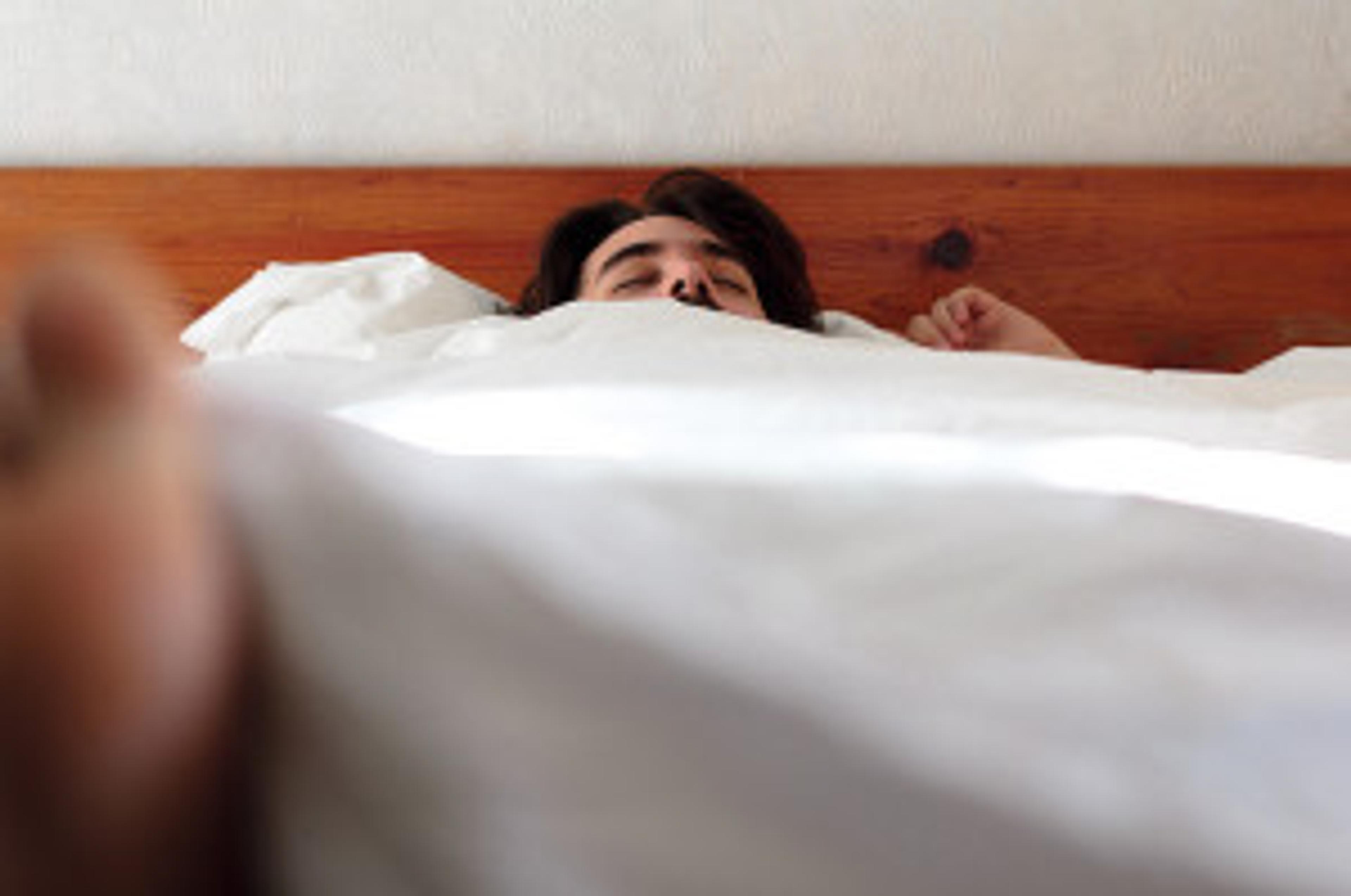Sleep cleanses our brains at night (and is good for a whole lot more!)

Mike Miller
| 2 min read

New research indicates that our brains undergo a cleansing process to remove toxins while we sleep, including toxins believed to be responsible for Alzheimer’s disease.
The research, conducted on mice, showed that during sleep the flow of cerebrospinal fluid in the brain increases dramatically, washing away harmful waste proteins that build up in the brain during waking hours. Additionally, cells in the brain shrink in size, allowing for the cerebrospinal fluid to more thoroughly rinse away the waste proteins.
These waste proteins, produced naturally while we are awake, are toxic to brain cells and have been linked to dementia and Alzheimer’s. These findings may also help to explain why we think less clearly after a sleepless night, as well as many other issues related to inadequate sleep.
Loss or lack of sleep has been linked to various diseases and disorders: obesity, diabetes, heart disease and hypertension, mood disorders, immune functions, overall life expectancy and more.
It’s already well established that our bodies undergo several restorative processes while we sleep. Skipping on sleep, so easily done in our fast-paced world, has major repercussions in the short term and the long term. A loss of just 1-2 hours of sleep a night can have profound effects on our daily performance capabilities and the well being of our bodies.
With that in mind, here are some tips for getting good sleep:
- Unplug – turn off the TV and unplug from the laptop and your cellphone for at least an hour before bed. Read a book, listen to relaxing music, stretch or meditate.
- Establish your sleep zone – Invest in a good mattress and pillow, decorate for a relaxed mood and kick out the TV or other sleep distractions. That includes the dog.
- Set a sleep schedule – The average adult requires 7-8 hours of sleep per night. Be sure to rise and shine at about the same time to induce a regular sleep cycle.
- Watch what you eat – avoid heavy, late-night meals and make sure to cut the caffeine and alcohol several hours before bedtime. Healthy carbs and protein can ease late night hunger: yogurt and cereal, or bananas and cottage cheese.
- Exercise – regular exercise helps to set a regular sleep cycle, just be sure to finish up a few hours before bed so your body cools and relaxes properly.
- Low light, low noise – Dimming the lights a few hours before bed tells our brains to release the hormone melatonin, which helps us sleep. Turning off noisy distractions helps us decompress and reduce the “noise” in our brains before we sleep.
Photo credit: Mr Seb





